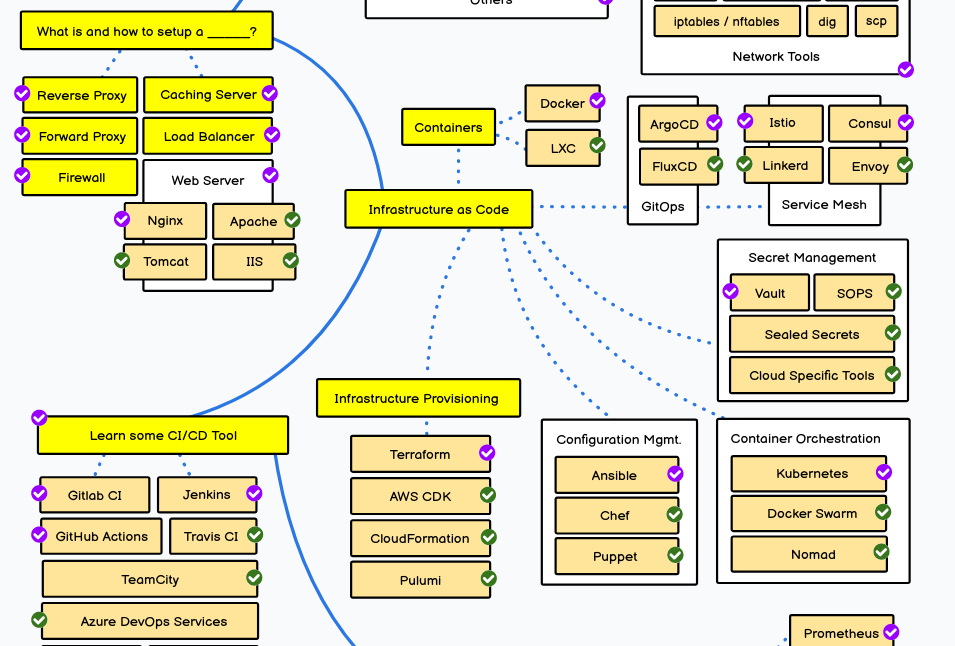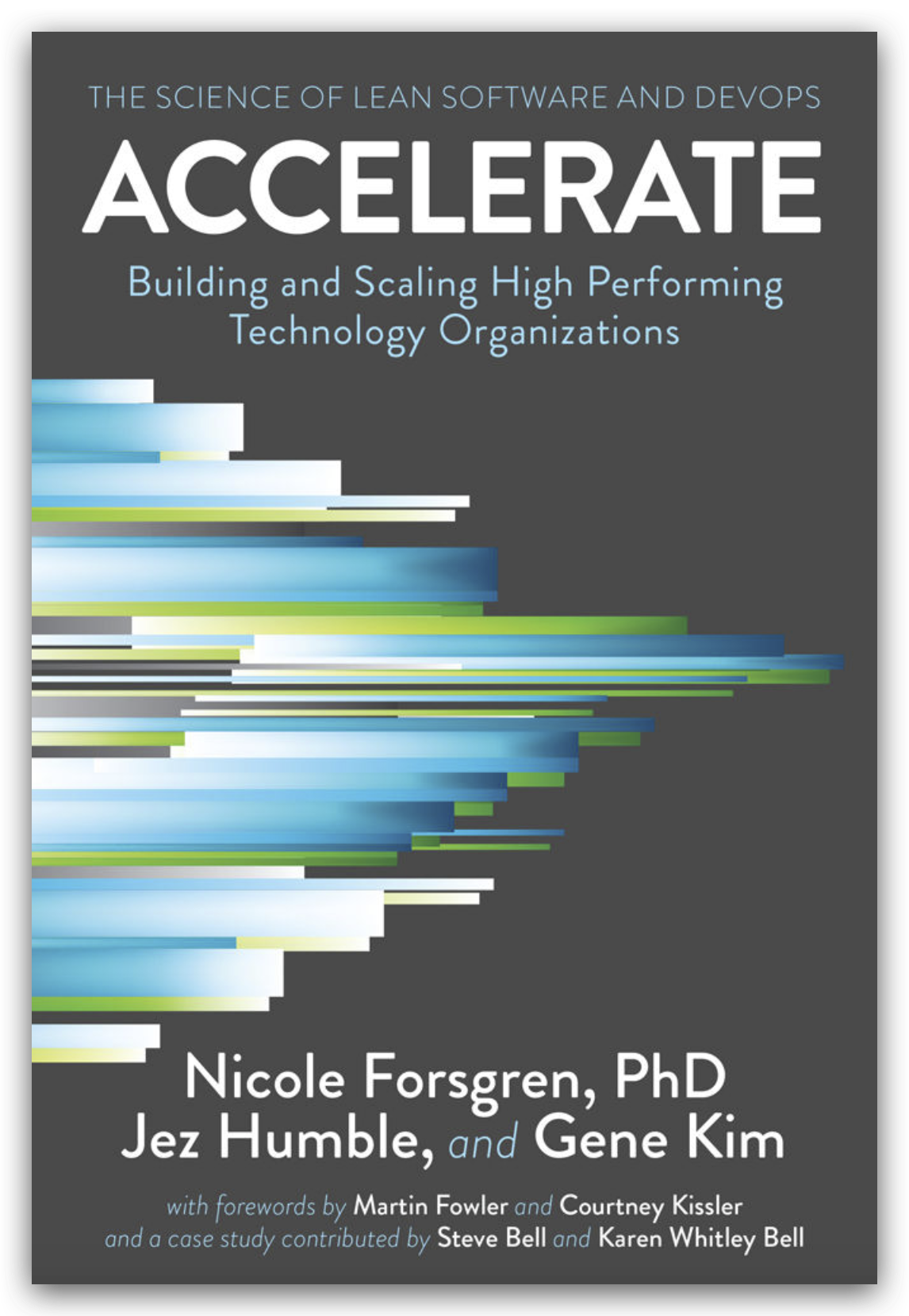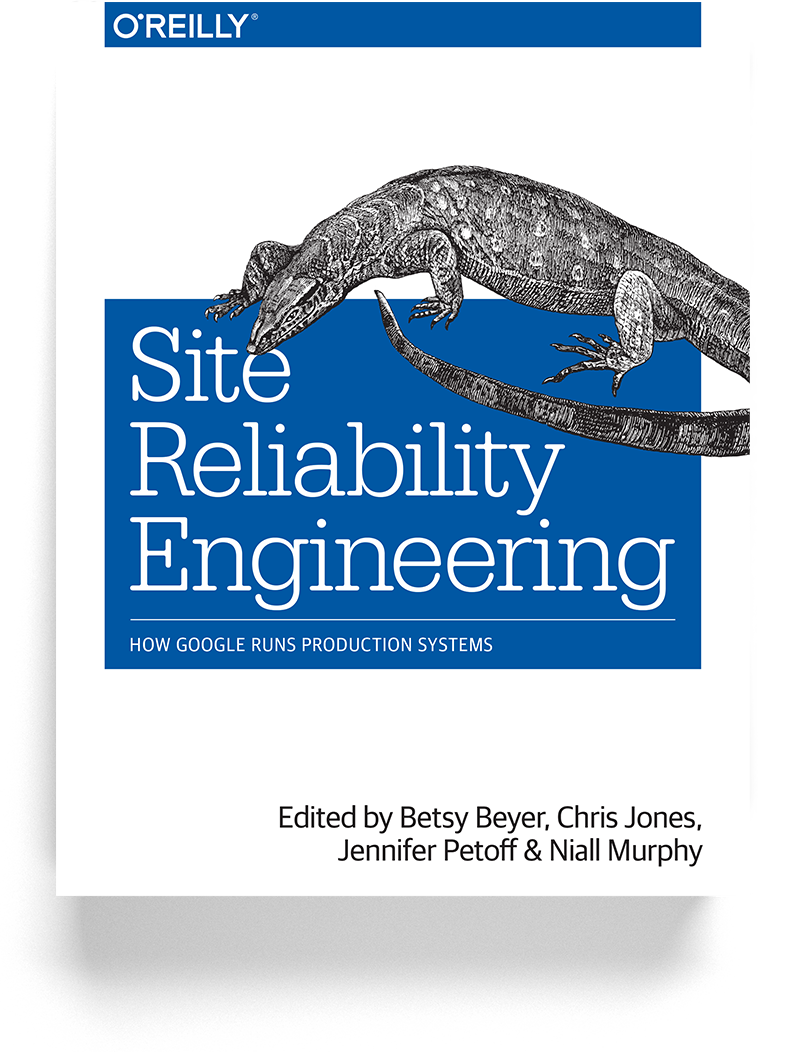Interview Prep: The Technical One
Intro
As a man who has been through quite a bit of interviews on both sides of the table, I can confirm: Preparing for a technical interview in any IT related position can be a daunting task, but with the right approach, you can ace it. I am focusing here on DevOps/SRE positions, however the gist of it can be applied in any field. Here are some tips to help you prepare for a technical interview in your next position.
Understand the Role
The first step in preparing for a technical interview is to understand the role. DevOps/SRE is a combination of development and operations, and it involves building, deploying, and maintaining applications and infrastructure. You should have a good understanding of the tools and technologies used, such as CI/CD, containers, IaC, CaC, source control, deployment strategies, cloud computing and much more.
If you are not yet overwhelmed please visit DevOps Roadmap to see just how many topics we can span.

As of lately I am seeing less and less people who had looked up the term DevOps or SRE, much less read a book about it, so please, oh please surprise me next time when we see each other on either side of the table tell me about DevOps from the perspective of “the DevOps Grandfathers” Andrew Clay Shafer and Patrick Debois.
While SRE or Site Reliability Engineering predates DevOps the concept is also foreign to many. You can learn many things from the history of first SRE teams in Google in 2003! Yes Carl, 2003!

Review the Job Description
Review the job description carefully to understand the specific skills and experience required for the position. Make a list of the key skills and technologies mentioned in the job description and ensure that you have a good understanding of them. You do not have to have experience working with all of them, you do however have to ensure us as technical interviewers that you have at least one technology or skill nailed down and you are willing to learn what else is needed.
Brush Up on Your Technical Skills
DevOps/SRE requires a wide range of technical skills, including scripting, automation, configuration management, and monitoring. Make sure you brush up on these skills before the interview. You can practice by working on personal projects or contributing to open-source projects. If you have personal projects that you are passionate about, we always love to hear it and bonus points are awarded behind the scenes.
NOTE: Please do not commit secrets/accounts/passwords/connection strings to your Github repositories.
Be Prepared for Behavioral Questions
In addition to technical questions, you may also be asked behavioral questions. These questions are designed to assess your communication skills, problem-solving abilities, and teamwork skills. Be prepared to provide specific examples of how you have demonstrated these skills in the past. It is not uncommon for us to give you a specific troubleshooting scenario and play it out in our heads.
Stay Up-to-Date with the Latest Trends
IT is a rapidly evolving field, and it’s important to stay up-to-date with the latest trends and technologies. Subscribe to industry blogs and newsletters, attend conferences and meetups, and participate in online communities to stay informed.
Preparing for a technical interview in DevOps/SRE position requires a combination of technical knowledge, communication skills, and preparation. By following these tips, you can improve your chances of acing the interview and landing your dream job.
Pro Tip: Lookup your interviewers
Do you homework and be prepared for people to ask you questions from their own line of work, most of us conveniently list what we did during our careers on LinkedIn. Some of us have their literal names in our GitHub handles, you can see what types of languages do I write code with or even find my or anyone elses blog ran on GitHub Pages (much like this one :)). For someone who updates LinkedIn regularly you could find that I organize a free of charge local conference called DevOps in Shorts (Shameless plug) what that could tell you that I am big on Free and Open community for tech enthusiasts. Maybe having a higher education in Network engineering could also hind that there will be some kind of networking question if appropriate of course. Feel free and do your own analysis, the information is there.
BONUS: Book recommendations




